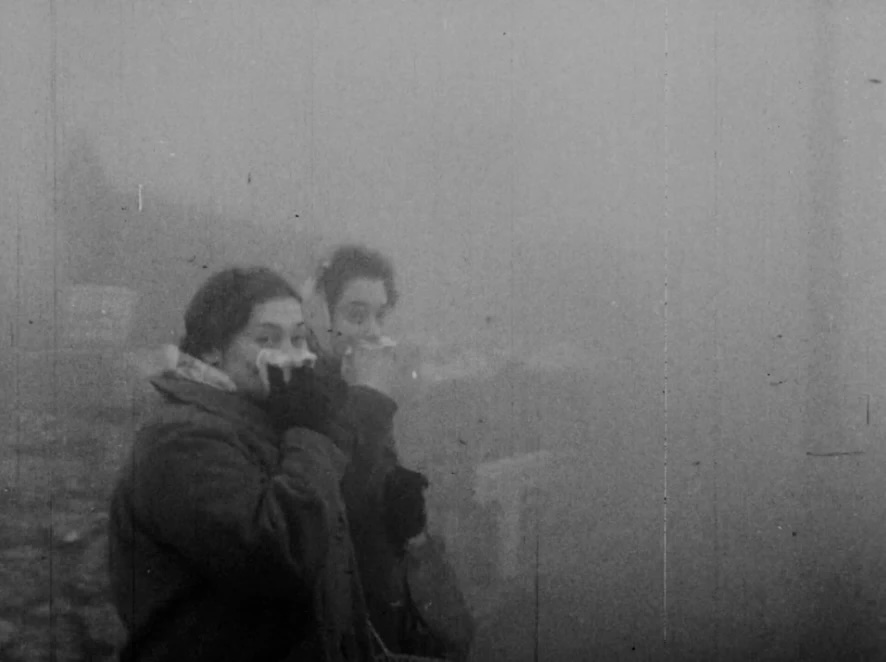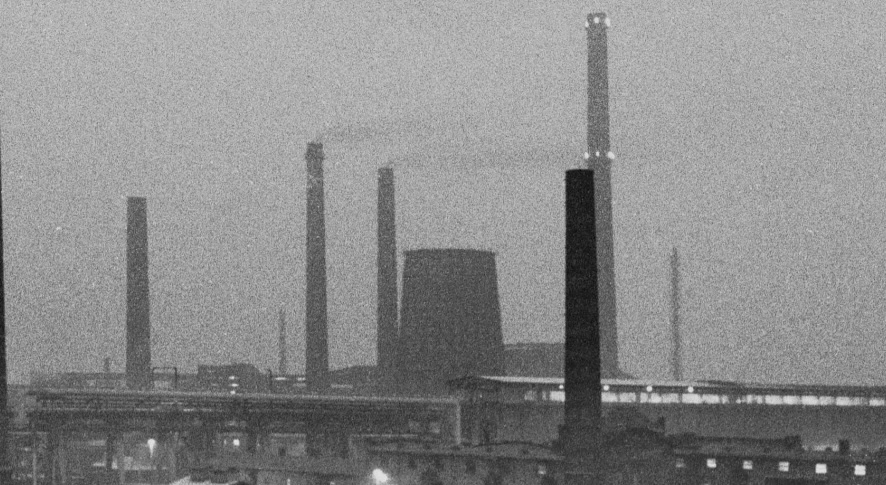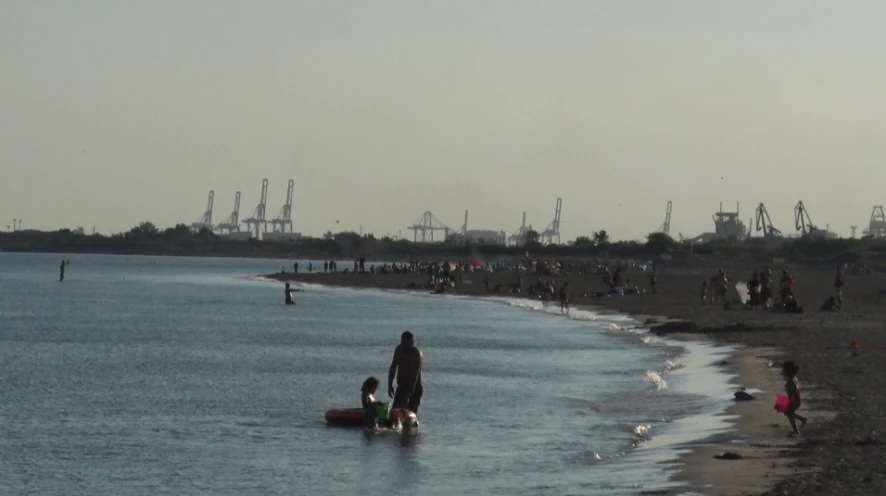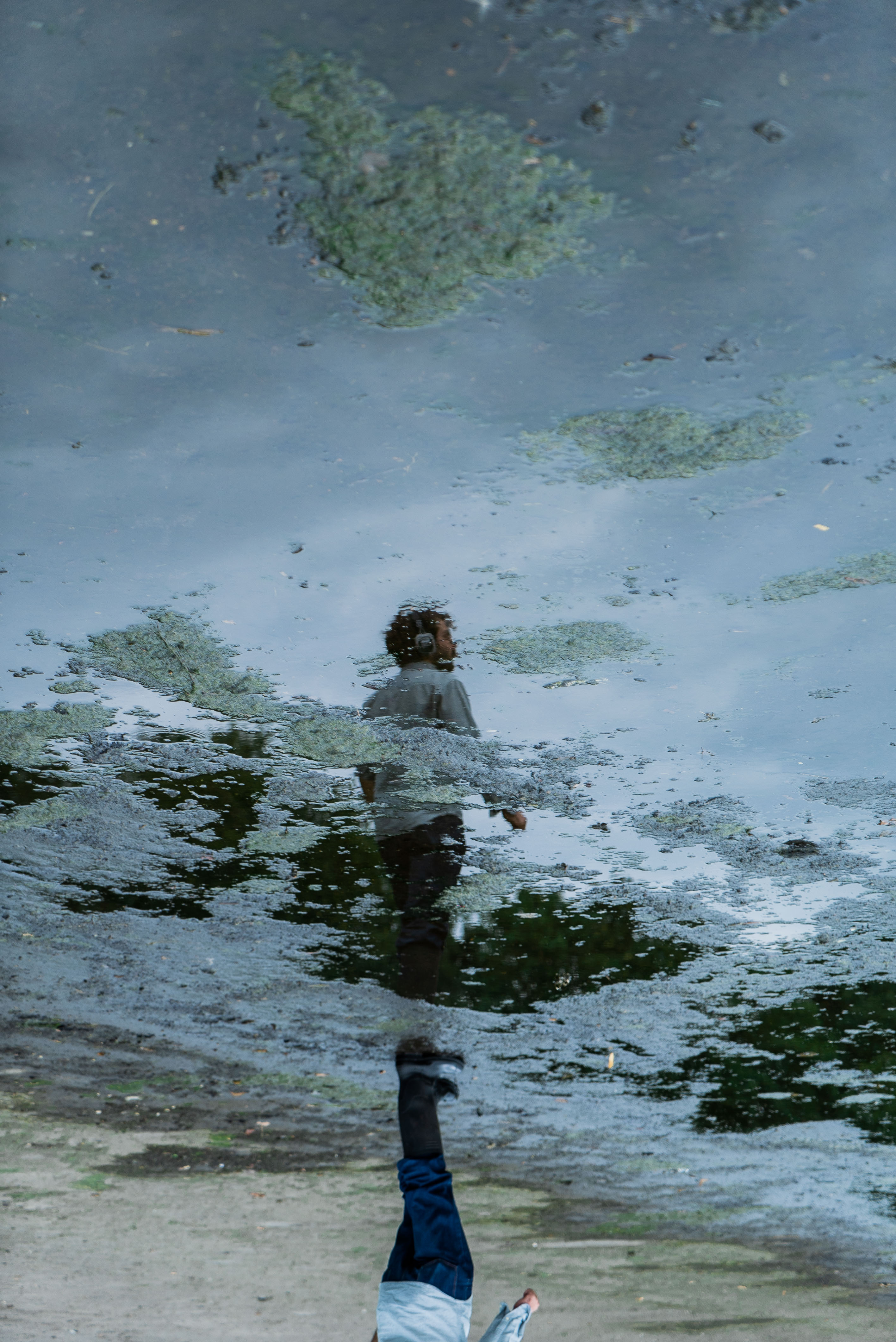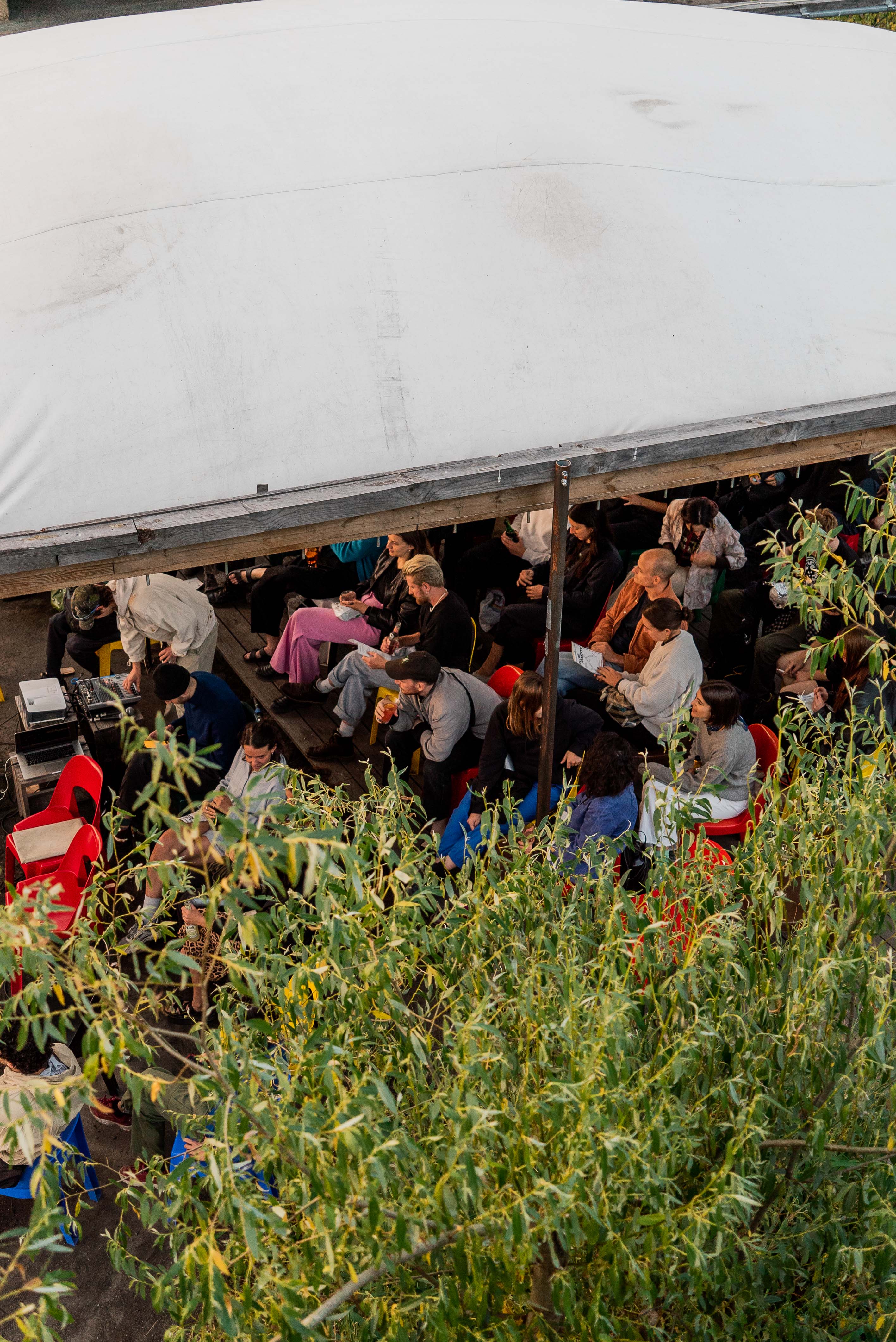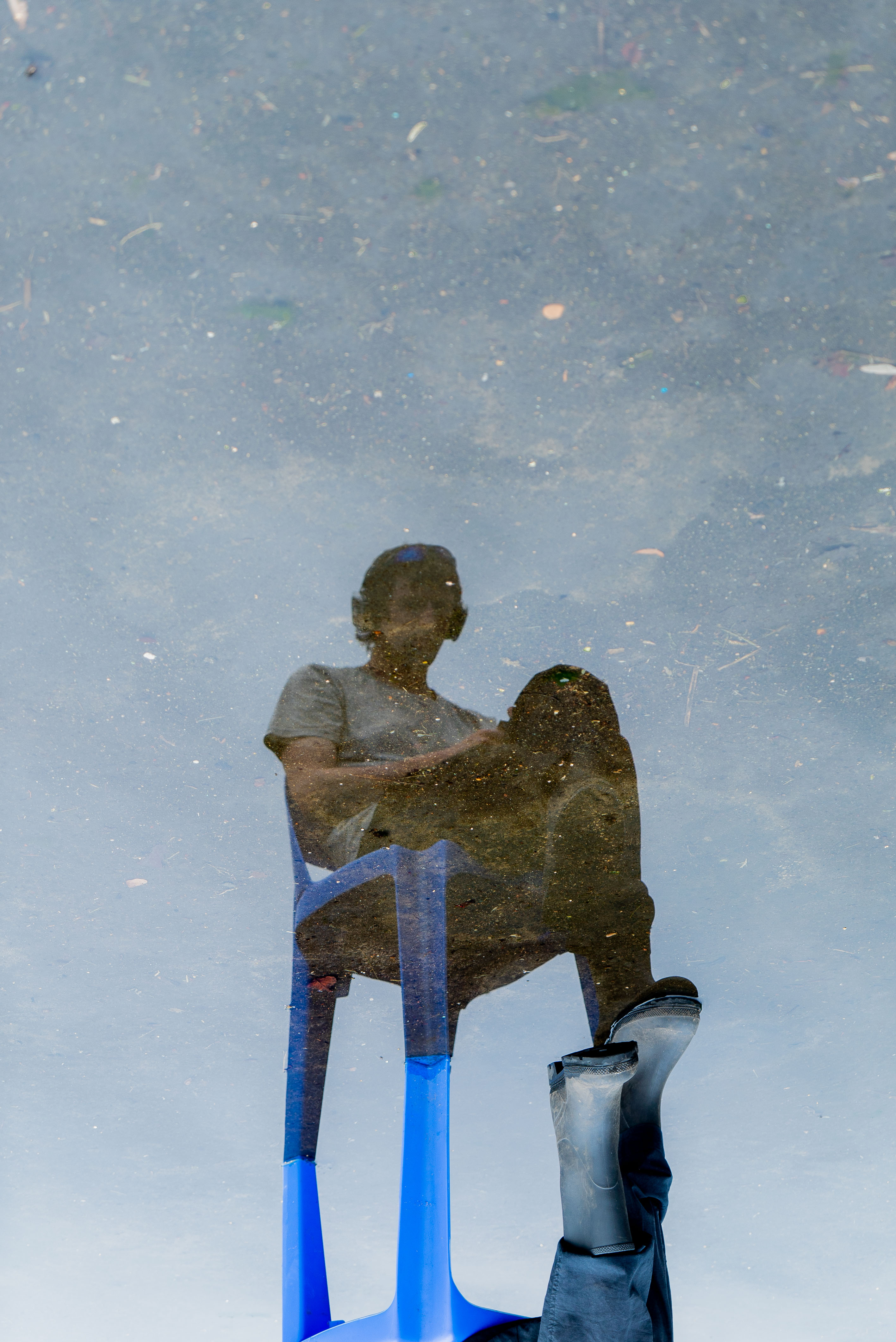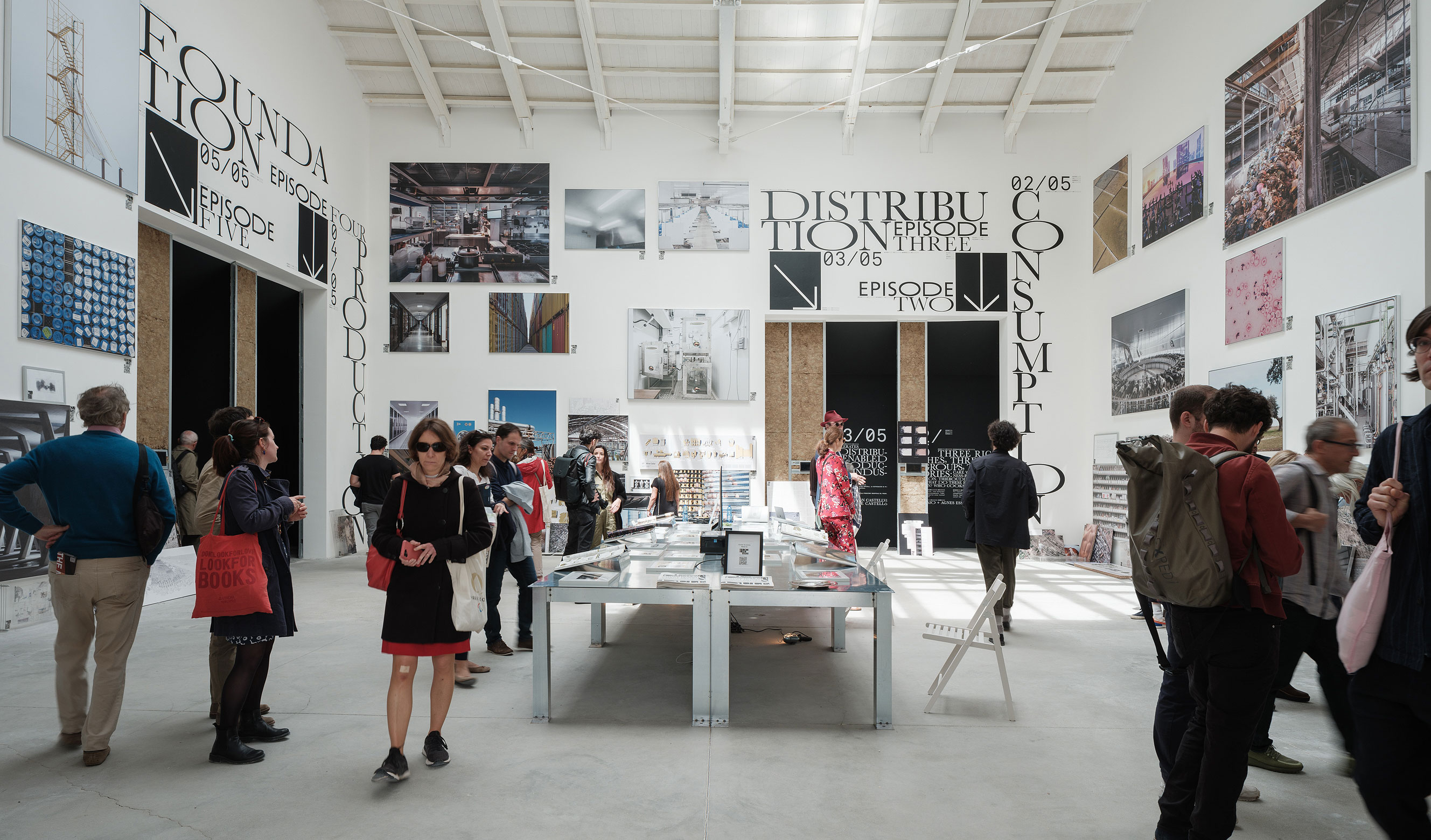FLUID TOXICITY
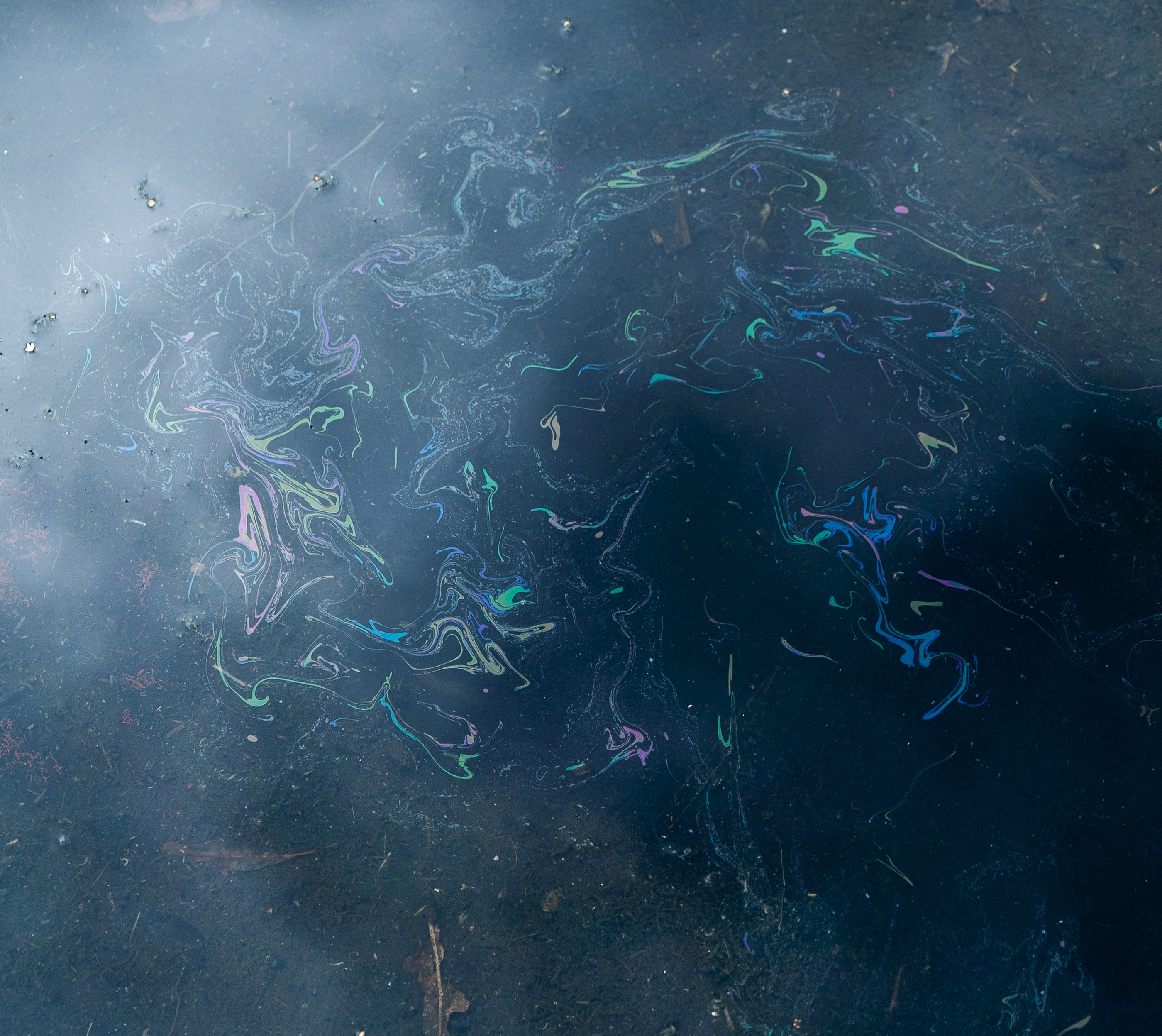
GENERAL INFO
- In collaboration with
-
Floating University
- LOCATION
-
Floating University, Berlin, Germany
- DATE
-
July 2023
- typology
-
Research, Public Program
- FUNDED BY
-
The Senate Department for Culture and Europe Berlin
How can we think and relate to toxicity, both on a material and also on a conceptual level? How can we overcome the binary distinctions derived from modernity that separate what is toxic from what is safe and blur the boundaries between the natural and the artificial, between the body and the environment? How can we render visible the invisible, how can we materialise the ethereal? How are the limits between security and toxicity set and by whom?
While the term toxicity immediately unfolds a shared imaginary related to harmful agents, ecological violence and environmental quality levels, we also want to refer to toxicity in social and political relations, cultural practices and our co-existence with more-than-human worlds.
Over four days in July members of Floating University Berlin, the Institute for Postnatural Studies (Madrid), and researcher Maria Morata as a pollinating agent will gather in Floating University’s rainwater retention basin together with guests and allies to think, exchange, explore, and resonate with each other on the theme of toxicity, in search of new ways of survival on a planet that has truly become intoxicated. Employing various modes of engagement, the group of artists and researchers will work to expand the term, establish a more fluid understanding, and establish a living archive on site. The research process will be shared in open events including screenings, presentations and discussions.

Thursday, July 20, 9 pm – Film Screening (open-air) “A Place to live, or not” Curated by Maria Morata
The film program navigates through three material encounters with different forms of toxicity between air, water, and human bodies in three different places. Also, The bar will be open, as the Thirsty Thursday Program runs in parallel.
The Veiled City
Natalie Cubides-Brady
UK, 2022, 13 min, No dialogues
In 1952, London was engulfed in the Great Smog. As a result of industrialization, a leaden fog settled over the entire city. The archive images from this period become fictional letters from a desolate future.
Ligne Noire / Black Line
Mark Olexa, Francesca Scalisi
Switzerland, 2017, 10 min
A young woman swims up a turbid river against the current, energetically pulling in a fishing net to the chant of a muezzin. It is a glimpse of reality, captured on the spot in the Sundarbans nature reserve in Bangladesh when it was hit by an oil accident that devastated both its ecosystem and the local population.
Là où nous sommes / Where we Are
Amélie Bargetzi
Switzerland, France, 2021, 36 min
Languages: French, English / Subtitles: English, French
How can you live in Fos-sur-Mer, a southern French town studded with refineries and chemical plants? Some inhabitants endeavor to resist their condition—in every sense of the term—by talking to the filmmaker, whose camera frames their nightmarish landscape, in which it sometimes unearths parcels of ambiguous beauty.
The film program navigates through three material encounters with different forms of toxicity between air, water, and human bodies in three different places. Also, The bar will be open, as the Thirsty Thursday Program runs in parallel.
STILLS FROM SCREENING PROGRAM
Friday, July 21, 9 pm – Short Film Screening (open-air) “Eternit” by Richard Dmitri Hees
Collaborative research with Toxic Commons
Toxicity is a slippery phenomenon that poses many methodological challenges. Not only are humans poorly equipped to register and act upon it, but it is also difficult to think meaningfully about its abstracted casualties and the way it connects life-worlds on a planetary scale—in what is becoming an increasingly toxic common. The sharing session will begin with a series of propositions and artistic positions that invite ways to think through this conundrum together. To ground the discussion further, two research sites will be put into conversation and conceptual comparison: the post-industrial chemical town Bitterfeld-Wolfen in former East Germany, and the industrial city of Fushun, situated at the edge of Asia’s largest open pit mine in the Northeastern Region of China.
Caroline Ektander is a Swedish architect and artist-researcher based in Berlin. Her design work deals with toxicity and ways of expanding common understandings of pollution in post-industrialised landscapes. Together with Antonia Alampi and Prof.Simone Müller, she co-founded the art-science platform Toxic Commons in 2018.
Mia Yu is an art historian and curator. Her research-based practice centers on global extractive frontiers, affective ecologies, and eco-poetics from the perspective of Northeast Asia. Her most recent exhibitions/discursive projects include “Liu Yujia: A Darkness Shimmering in the Light” and “Ecological Entanglements from Northeast China and Beyond”.
Saturday, July 22nd
Pressure deep-time plastic massage: Collaborative research with MELT
Pressure on the body can slow down heartbeats and create feelings of calmness – or, might, if the pressure becomes too much, bring up questions of how much it is that one can hold. In this session, we will create pressure objects from plastic bags, sand, and stones to experience weight as a Zeitgeber (time-giver) on our bodies. The plastic itself is a material of pressure and time, as crude oil is formed through both, only to be then transformed into a material that capitalism burns through all too quickly. In this pressure deep-time plastic massage we will experiment with holding pressure literally.
MELT (Ren Loren Britton & Iz Paehr) study and experiment with shape-shifting processes as they meet technologies, sensory media, and critical pedagogies in a warming world. MELT currently builds projects along four different research tracks: ACCESS SERVER, The Meltionary, Counting Feelings, and Zeitgeber. Their arts-design research cooks up practices that generate material and infrastructural transformations that intersect Trans* feminism and Disability Justice. Working with change and MELT(ing) as a kaleidoscope their work engages multiple topics at once: climate change, the potential for political reformulations, critical technical practice, and access-making. MELT shares work in the form of videos, installations, websites, lectures, and workshops.
Sunday, July 23, 2 pm – Fluid Toxicity Archive, presentation and discussion
Fluid Toxicity Archive: Closure presentation and discussion
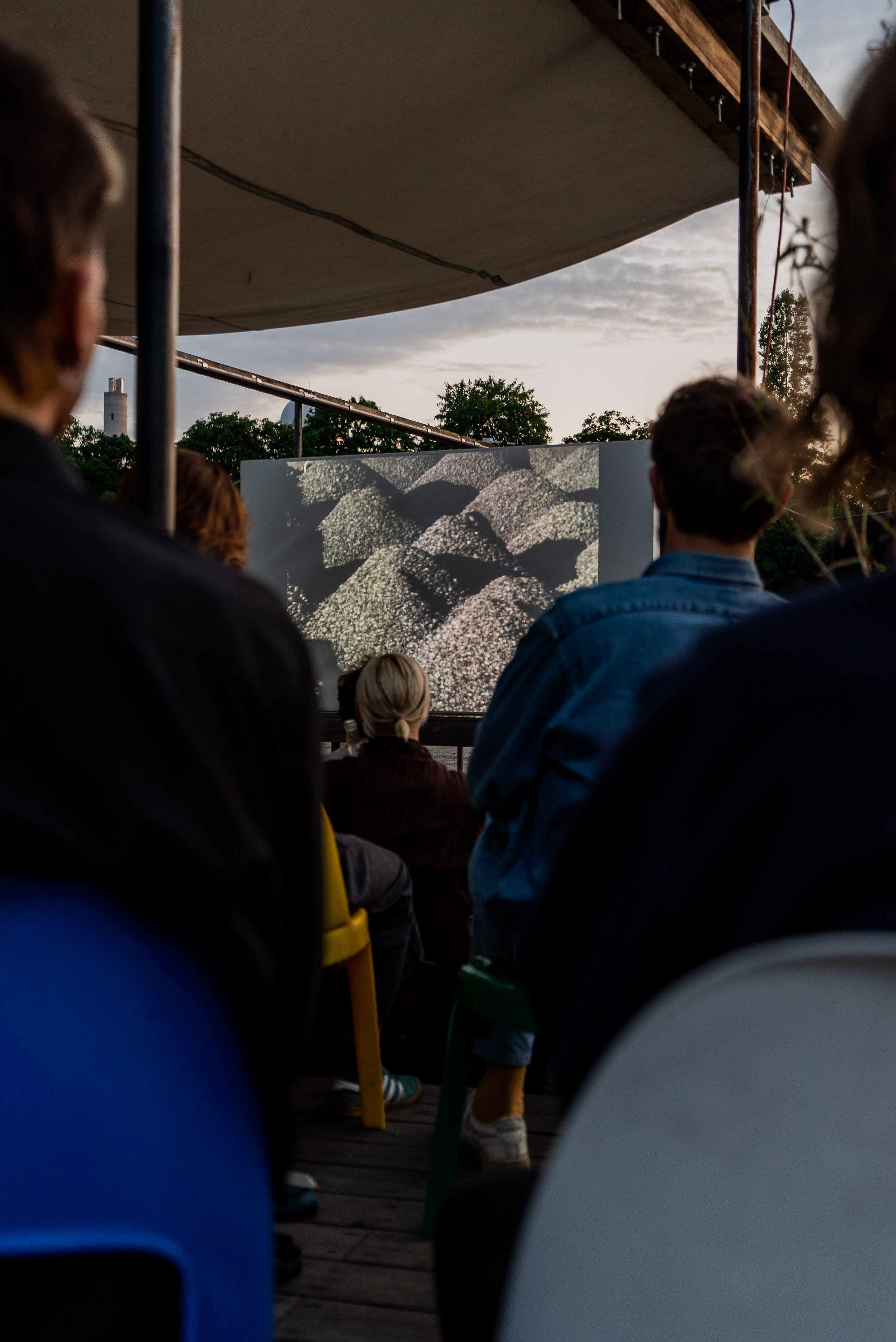
CREDITS
- SCREENING PROGRAM CURATED BY
-
Maria Morata
- PHOTOS
-
Sebastián Díaz de León
- Funded by
-
The Senate Department for Culture and Europe Berlin
